12 Natural Replacements for Vanilla Extract
Vanilla extract substitutes provide a variety of options when you find your bottle empty during baking.
Many home bakers encounter this situation while preparing desserts or sweet treats.
Although the familiar aroma and flavor of vanilla seem hard to replace, several alternatives can successfully replicate its essence.
Each substitute brings distinctive qualities to your recipes, occasionally introducing new and delightful twists to your finished dishes.
Options range from common pantry ingredients to specialty products favored by professional pastry chefs.
Understanding the chemistry behind flavor replacement, including aromatic compounds and taste profiles, helps ensure great results.
With slight adjustments to quantities and methods, you can create delicious baked goods even without traditional vanilla extract.
Keep reading to discover which alternatives might rescue your next baking project and perhaps become new favorites in your kitchen.
Where Does Vanilla Extract Come From?
Vanilla extract is a pantry favorite for its sweet aroma and rich flavor, and it comes from a surprisingly long and careful process starting with the vanilla orchid.
Greatest Substitutes for Vanilla Extract
Vanilla extract may be gone from your ingredients, but another flavoring can be used so that your baking moves forward without trouble. This choice keeps the process consistent from start to finish.
Fresh Vanilla Bean Pods Or Vanilla Paste
In baking, vanilla beans serve as the perfect substitute for vanilla extract since they deliver an authentic flavor without altering your recipe's taste profile.
Many home bakers prefer using one teaspoon of vanilla bean paste for each teaspoon of extract needed, maintaining the expected results with minimal fuss.
Half a vanilla bean (just the seeds) works wonderfully when replacing a teaspoon of extract in cookies, cakes, or custards.
These natural alternatives often create even richer flavor notes than standard extract, giving desserts that homemade quality everyone loves.
The beans themselves might cost more initially, but their intense flavor makes them worth considering for special recipes where vanilla stands as a star ingredient.
Vanilla Powder
Vanilla powder delivers a richer, more concentrated flavor than vanilla extract because it comes from finely ground vanilla beans.
When following recipes, simply use half the amount called for - just 1/2 teaspoon of powder replaces a full teaspoon of extract.
Many bakers consider this powder the second-best substitute for extract in most desserts and baked goods.
The powder blends seamlessly into dry ingredients without adding unwanted moisture to delicate recipes.
For those concerned about alcohol content in traditional extracts, this powder alternative offers the same wonderful vanilla taste without any alcohol.
Vanilla Sugar
Vanilla sugar offers a delightful infusion of sweet vanilla beans that adds complexity to baked goods without needing separate extract.
Many European bakers consider it essential, though Americans might need to search specialty stores or make it at home by storing sugar with split vanilla beans.
This fragrant substitute works perfectly in cookies, cakes, and pastries where both sugar and vanilla flavors are desired.
The aromatic crystals also make an excellent finishing touch when sprinkled over fresh pies, French toast, or even your morning coffee.
For best results in recipes, simply replace regular sugar with equal amounts of vanilla sugar and skip the vanilla extract completely.
Pure Maple Syrup
Maple syrup is an excellent replacement for vanilla extract in recipes, allowing for a simple 1:1 swap without compromising flavor.
The natural sweetness of maple syrup adds a unique dimension to baked goods and desserts, though adjusting the overall sugar content may help maintain balance in your recipe.
Many bakers appreciate this alternative because it works in most recipes that call for vanilla while adding subtle caramel and woody notes.
Pure maple extract offers another option with less sugar content, making it ideal for those watching their sugar intake.
Both substitutions work wonderfully in cookies, cakes, and breakfast treats where that hint of maple can elevate an ordinary dish into something special.
Honey
Honey is the most popular vanilla extract substitute in recipes, requiring a simple 1:1 replacement while slightly reducing sugar to balance sweetness.
Rum, brandy, and bourbon provide excellent alternatives with their sweet aftertaste, perfectly mimicking the alcohol base found in traditional vanilla extract.
Vanilla-flavored liqueur delivers nearly identical results in baking projects and offers the advantage of indefinite shelf life when stored properly in your liquor cabinet.
Maple syrup works wonderfully as another natural option that blends seamlessly into most recipes without overpowering other flavors.
These substitutions can save you a trip to the store when you're halfway through baking and realize your vanilla extract bottle is empty.
Almond Extract
Substituting almond extract for vanilla can bring delicious nutty notes to your favorite baked goods.
Many dessert lovers appreciate this swap because it creates a unique depth of flavor while maintaining the sweet profile your recipes need.
The subtle almond character works especially well in cookies, cakes, and custards where vanilla would typically shine.
Most recipes allow for an equal exchange, though some bakers prefer using slightly less almond extract since its flavor can be more pronounced.
You don't need any special techniques - just pour and mix as normal when making this simple adjustment to your treats.
Vanilla Essence
Vanilla essence is a popular substitute for vanilla extract but comes from synthetic sources rather than natural beans, giving it a less intense flavor profile.
Many home bakers choose this alternative when vanilla extract isn't available in their pantry or when looking for a more budget-friendly option.
Using vanilla essence effectively requires doubling the amount called for in recipes - so when a recipe asks for one teaspoon of vanilla extract, you should use two teaspoons of essence instead.
This simple adjustment ensures your baked goods still capture that familiar vanilla taste without compromising the final result.
The synthetic nature of vanilla essence makes it widely accessible in most grocery stores year-round regardless of vanilla bean harvests or supply chain issues.
Plant-Based Vanilla Flavored Milk
Plant-based milk with vanilla flavoring is an excellent substitute for vanilla extract in most recipes, allowing bakers to maintain authentic taste without missing a beat.
Unsweetened vanilla almond milk, soy milk, and oat milk can all replace vanilla extract in a simple 1:1 ratio, making measurement adjustments unnecessary when you're in the middle of cooking.
The mild sweetness and aromatic qualities of these alternatives blend perfectly into cakes, cookies, and other desserts while adding a subtle creaminess that sometimes works even better than extract.
Espresso Powder Or Instant Coffee
Chocolate lovers can elevate their desserts with a surprising secret; just a pinch of this vanilla substitute intensifies chocolate flavors in remarkable ways.
Many bakers don't realize that this powerful ingredient requires only a tiny amount rather than a direct 1:1 replacement, making it both economical and effective.
The substitute creates depth and complexity that pure vanilla sometimes can't achieve on its own, especially in brownies, chocolate cakes, and ganache.
Beyond sweet treats, this versatile alternative also works wonderfully in savory dishes like mole sauce or beef stews where it adds subtle complexity.
Home cooks who experiment with this substitute often wonder how they baked without it for so long.
Liquor & Vanilla Flavor
Vanilla extract substitution is super easy when you're out of the ingredient but have vanilla-flavored liquor in your cabinet.
The swap works perfectly since regular extract contains alcohol and vanilla beans anyway, and all that alcohol cooks off during baking.
Many home bakers don't realize this simple trick can save a recipe when supplies run low.
Just use equal amounts of the liquor in place of the extract called for in your recipe.
The final result tastes just as delicious with no one knowing the difference.
Syrup & Vanilla Flavor
Substituting coffee in recipes can be quite effective, especially when using flavored syrups that already contain sweetness, which means you should cut back on additional sugar.
Many bakers find that coffee alternatives blend perfectly into liquid-based dishes without compromising taste or texture.
For precise baking situations, these substitutes might create a slightly wetter consistency, making them ideal choices for fudgy brownies, creamy puddings, and no-bake desserts.
Home cooks can experiment with different coffee replacements depending on the desired flavor profile and consistency needed in their recipe.
The right substitution can actually enhance certain desserts by adding unexpected depth and richness that regular coffee might not provide.
Ice Cream & Vanilla
Substituting vanilla ice cream in recipes opens up a world of tasty possibilities, especially in frozen treats like milkshakes, floats, and smoothies where its creamy texture shines through.
The rich vanilla flavor can elevate simple baking projects, transforming ordinary blueberry muffins into special treats with minimal additional ingredients.
Many home cooks love this hack because it adds both sweetness and moisture in one convenient package.
The dairy content does mean this trick isn't suitable for everyone, particularly those with lactose intolerance who should seek alternative options.
Even so, this simple swap remains a favorite among busy parents and creative bakers looking for shortcuts without sacrificing flavor.
Top Questions About Vanilla Extract Replacements
1. What can I use instead of vanilla extract in recipes?
You can use vanilla bean paste, vanilla powder, maple syrup, almond extract, or other flavored extracts as substitutes for vanilla extract.
2. Will using a substitute change the flavor of my baked goods?
Yes, each alternative has a unique flavor profile. Maple syrup adds sweetness, while almond extract gives a nutty note, so the taste will differ slightly.
3. Can I use vanilla-flavored milk or coffee creamer as a substitute?
Yes, you can use a small amount of vanilla-flavored milk or creamer, but reduce other liquids in your recipe to avoid excess moisture.
4. How much substitute should I use if I don’t have vanilla extract?
For vanilla bean paste or powder, use a 1:1 ratio. For almond extract or other extracts, use half as much, since they’re more concentrated.
5. Is there an alcohol-free alternative to vanilla extract?
Vanilla bean paste, vanilla powder, and glycerin-based vanilla flavorings are alcohol-free options for those avoiding alcohol in their recipes.
6. Can I skip vanilla extract altogether?
Yes, you can omit vanilla extract, but your recipe may lose some depth and aroma. Increase other spices or flavors if desired.

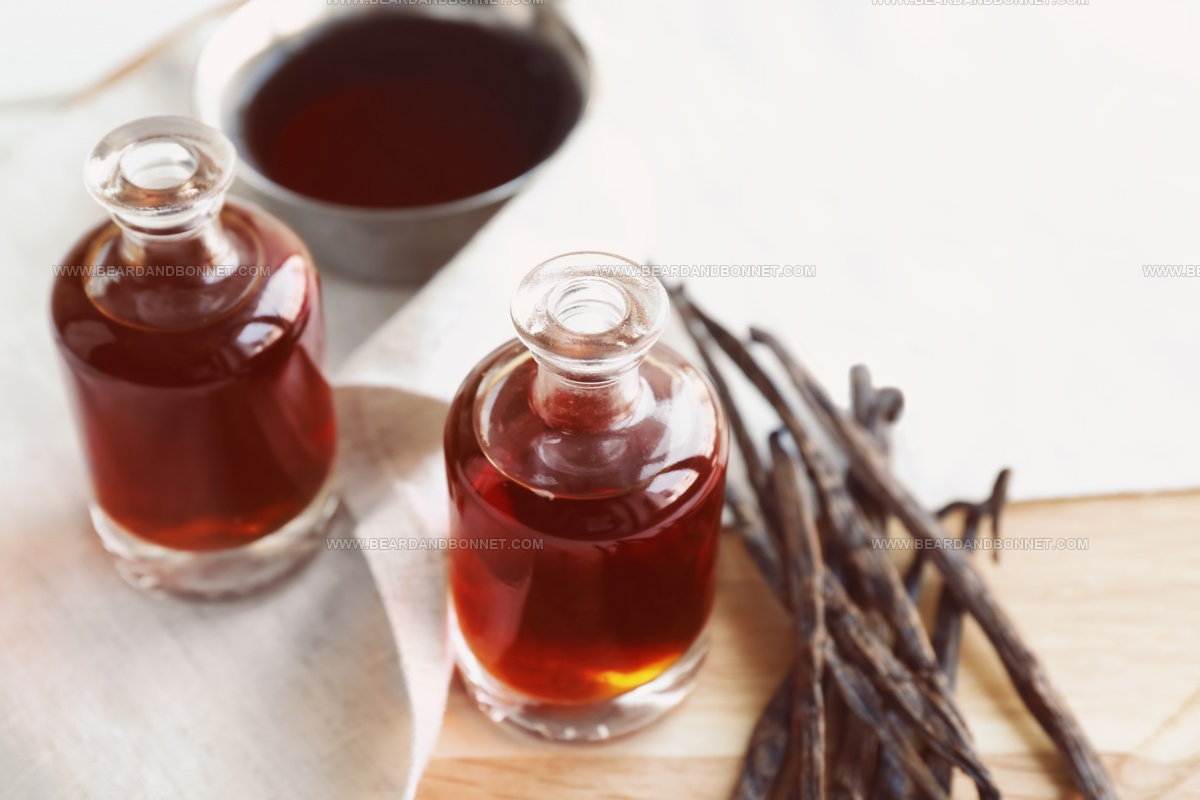
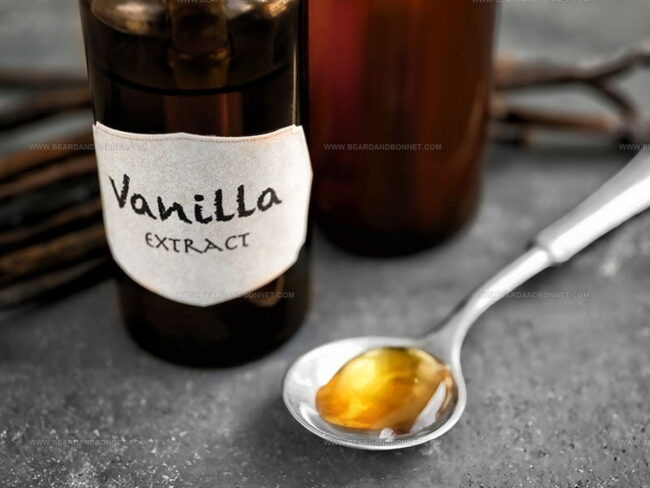
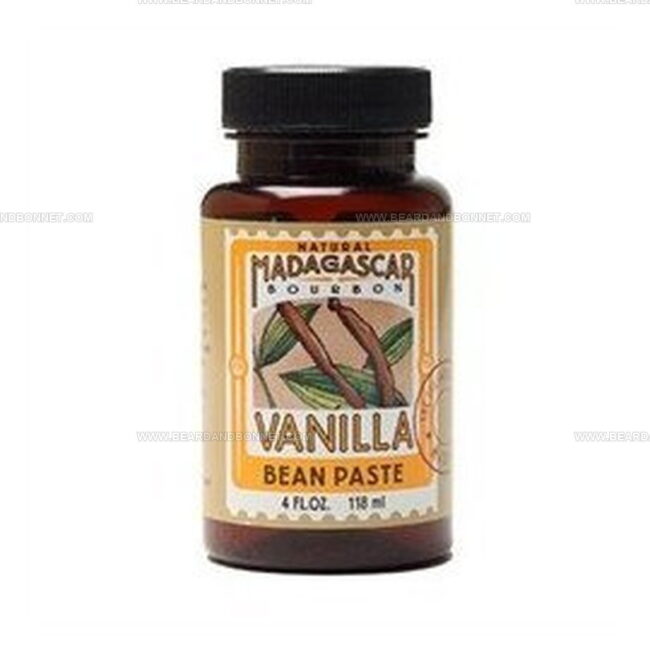
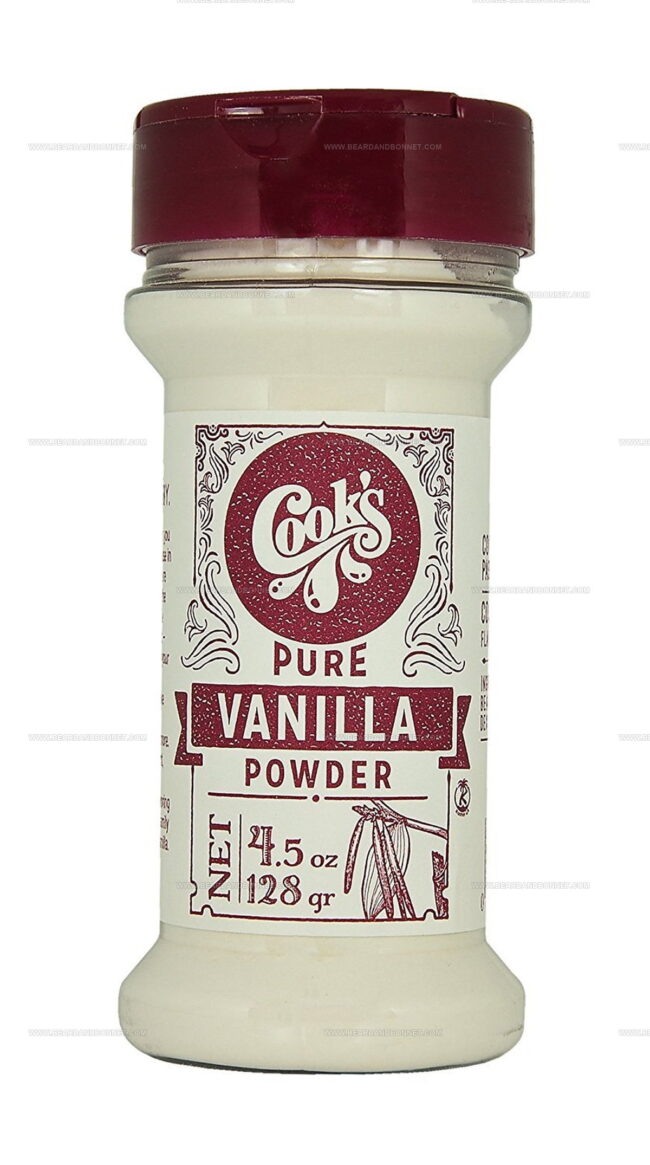
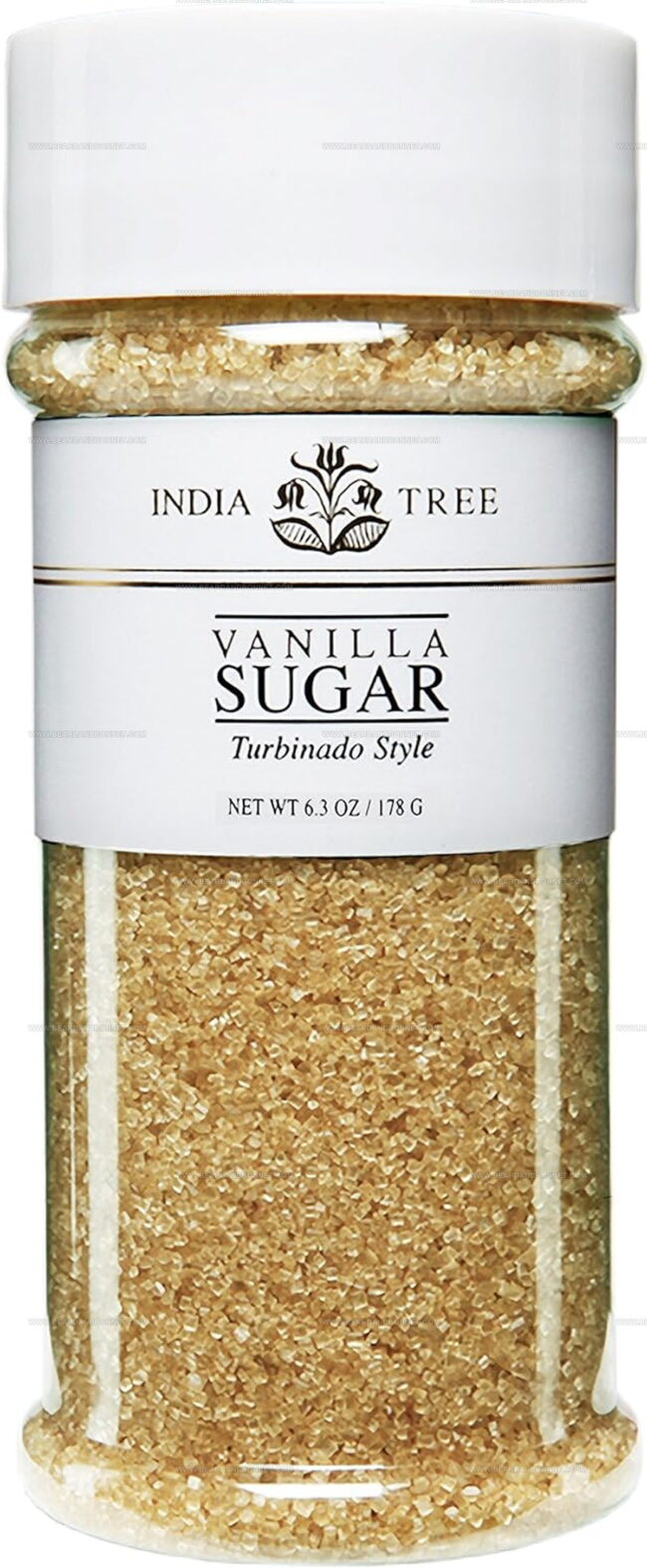
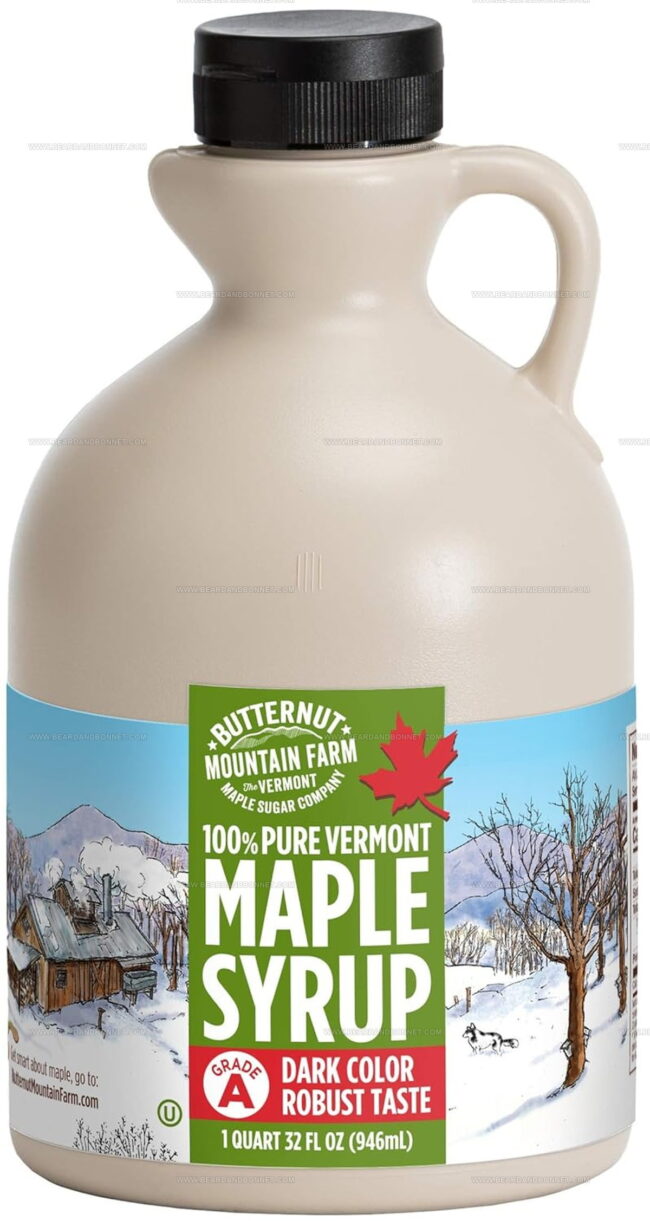
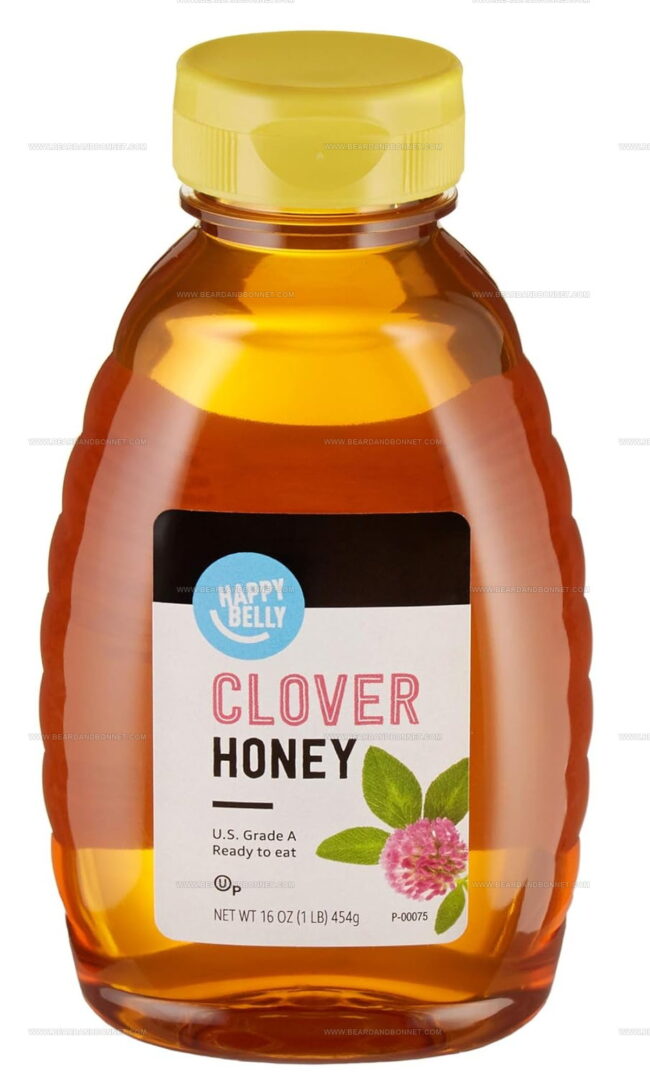
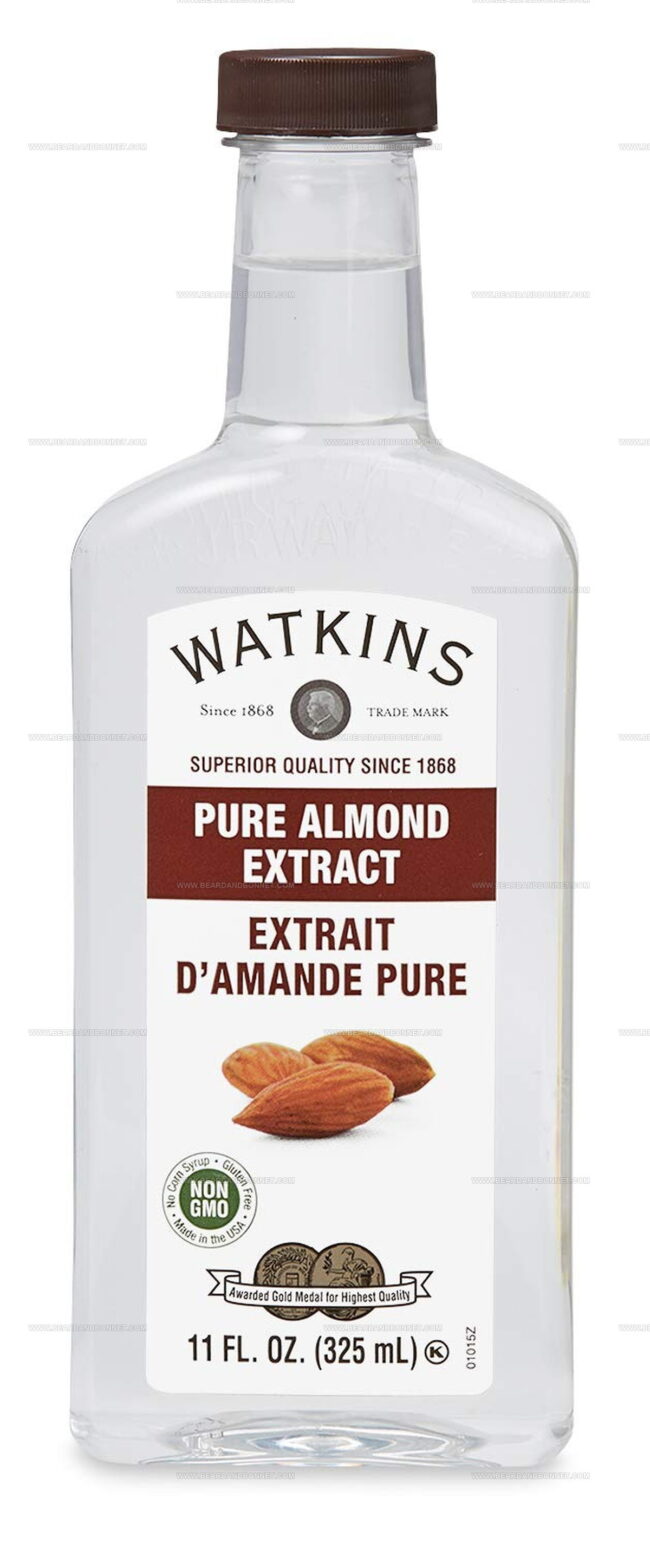
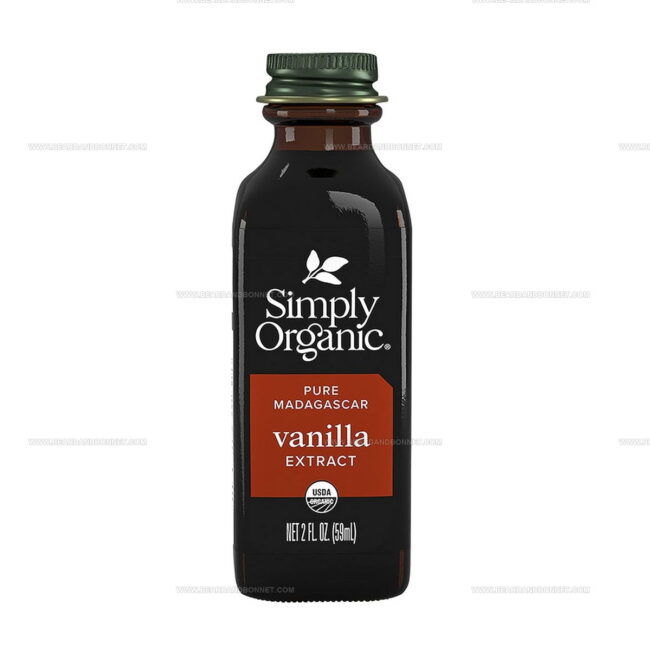
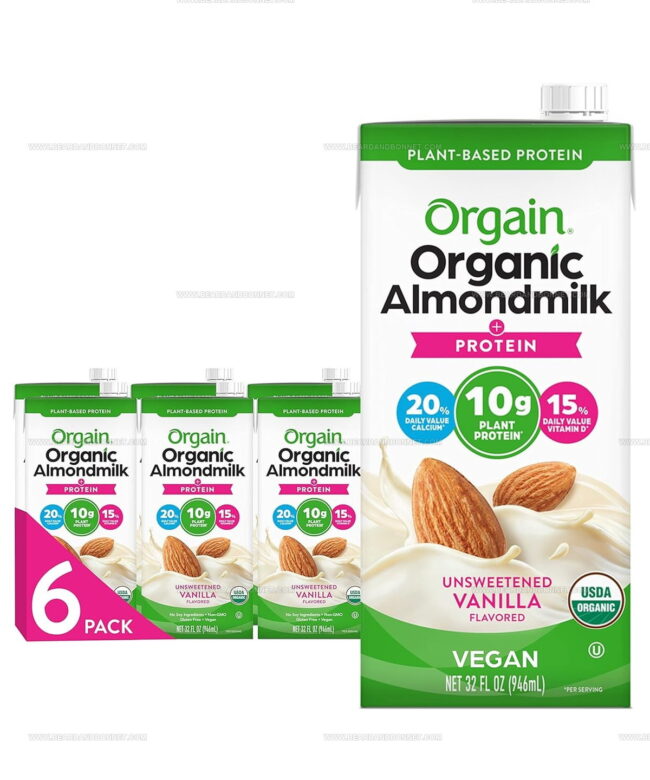
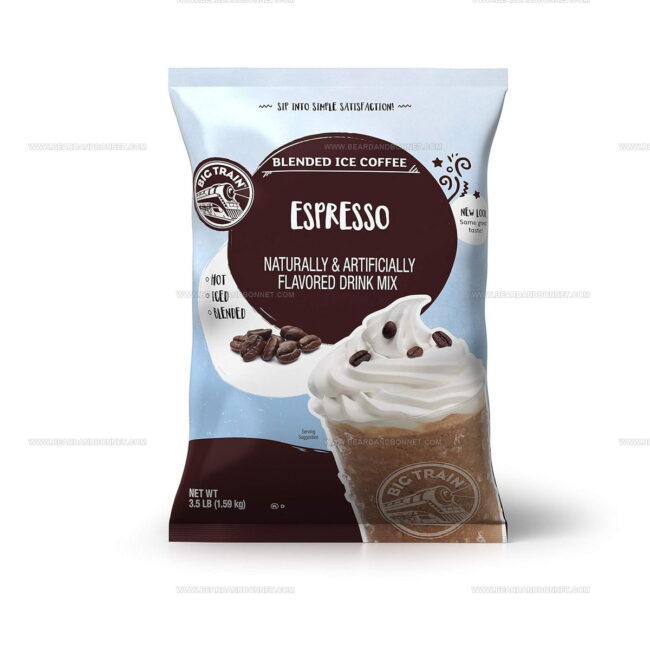
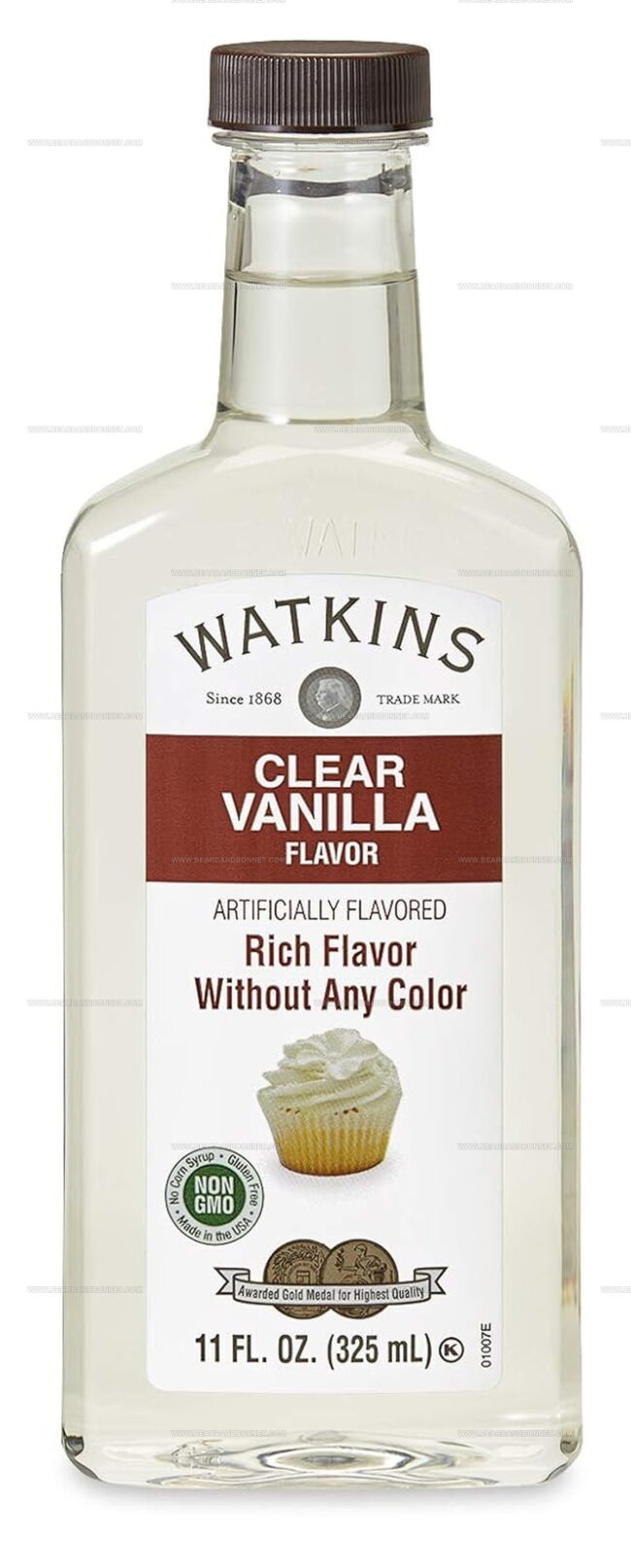
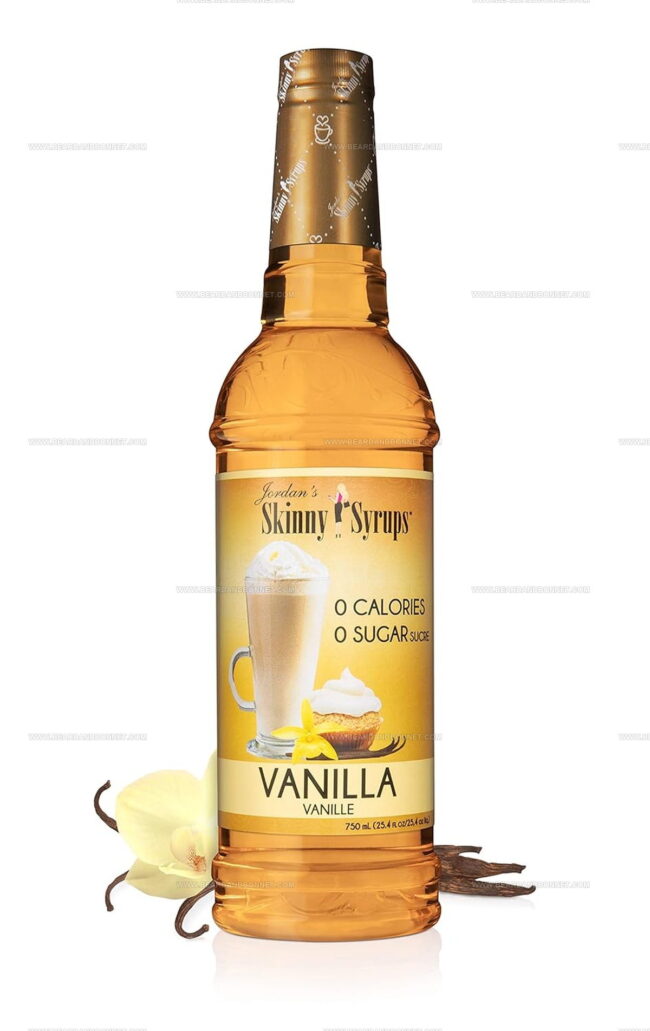
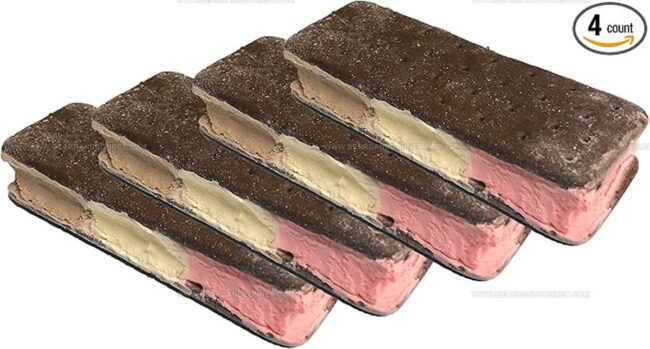
Alex Reed
Founder & Lead Content Writer
Expertise
Recipe Development and Testing, Culinary Education, Food Writing and Blogging, Sustainable Cooking Practices, Global Cuisine Exploration
Education
Johnson & Wales University
Le Cordon Bleu Paris
Alex Reed is an inventive chef and food creator with a passion for dishes that balance taste, health, and sustainability.
Trained at Portland Community College and holding an Advanced Pastry Arts certificate from Oregon Culinary Institute, Alex brings more than 10 years of practical culinary experience to every recipe he develops.
His background uniquely blends traditional cooking skills with modern, mindful eating principles. As the founder of Beard and Bonnet, Alex creates recipes that encourage readers to cook confidently.